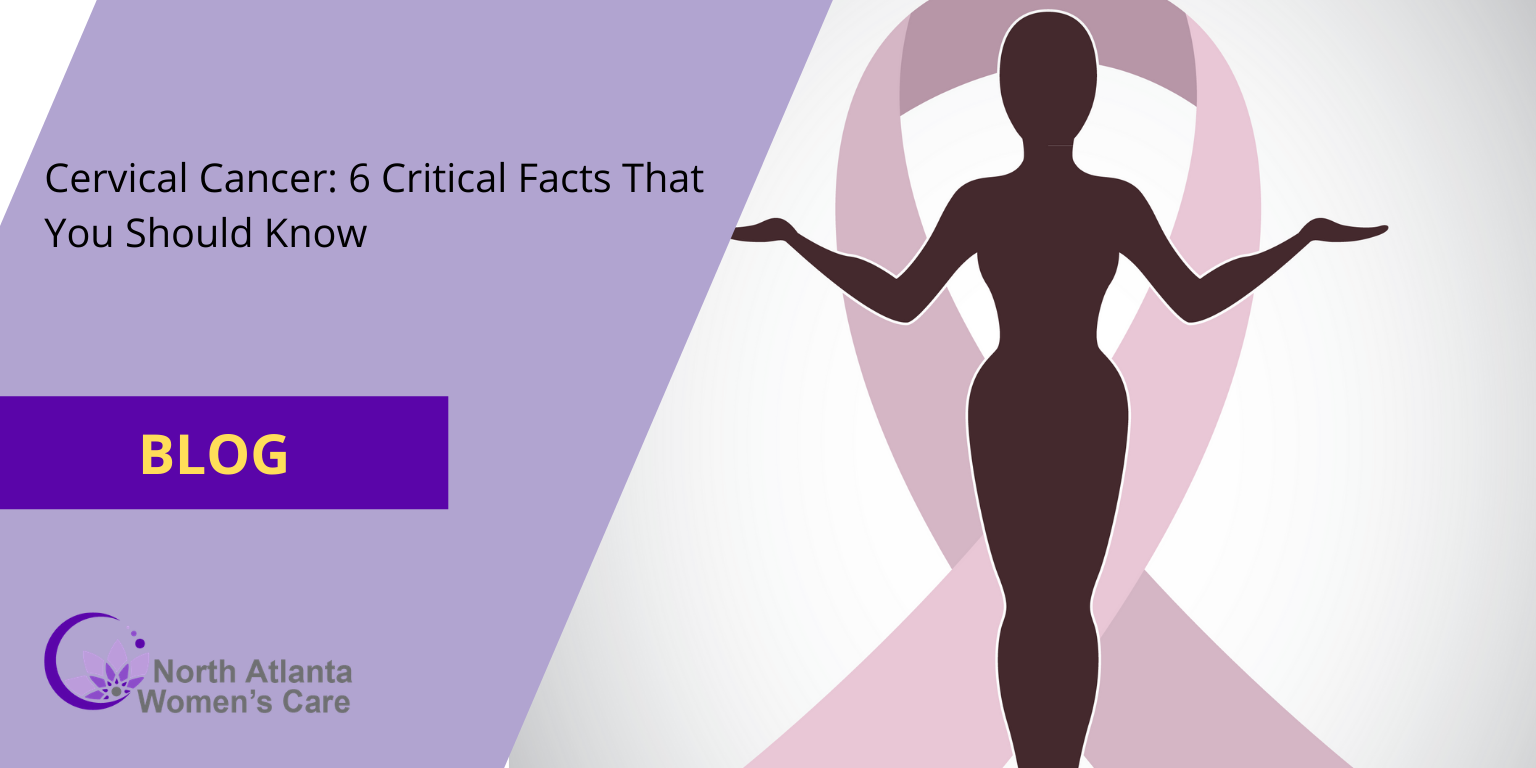Cervical Cancer: 6 Critical Facts That You Should Know

Cervical cancer occurs in a woman’s cervix, a tube-shaped organ that connects the uterus to the vagina, located in the lower portion of the uterus. The cancer cells will form on the surface of the cervix. The American Cancer Society estimates that 13,960 new cervical cancer cases will be diagnosed in the United States in 2023, and 4,310 women will die from it. Cervical cancer is often diagnosed in women between the age of 35, and 44 and 20% of women over 65 can also develop cervical cancer.
Check out these critical cervical cancer facts and get regular screenings to decrease your risk of developing the condition.
1. HPV Virus Causes 90% of Cervical Cancer
Human Papillomavirus (HPV) is a sexually transmitted infection. There are over 200 viruses of HPV, but not all of them cause cervical cancer. Though new cervical cancer cases have been decreasing over the past decades due to pap screening, cervical cancer is the fourth most common cancer type for women worldwide. Consult with a doctor if you have had an HPV infection or suspect that you could have contracted the virus.
2. Most Cervical Cancers are Preventable
Since the HPV virus typically causes cervical cancer, getting the HPV vaccination can prevent it. The HPV vaccination should be administered to preteens aged between 11 and 12. The CDC (Centers for Disease Control and Prevention) also recommends vaccination for people under 45 as well if they have not received one. Speak to your doctor if you or your loved one did not receive a vaccination and have crossed the recommended ages. They can let you know whether you need to get the vaccine.
3. Cervical Cancer Is Asymptomatic in the Early Stages
Cervical cancer is also known as the silent killer cancer, as it does not cause any symptoms in the early stages. Therefore, it is essential to get tested regularly by your OB/GYN. You can experience a few indicators in the later stages, including:
- Watery, possibly foul-smelling, bloody vaginal discharge.
- Vaginal bleeding after intercourse, menopause, or between periods
- Pain during intercourse or pelvic pain
4. Women of All Age Groups Are Vulnerable to Cervical Cancer
A woman of any age can develop cervical cancer. The CDC recommends that women should get their first pap test at age 21. If your test result is normal, you can receive the next one after three years. If you are aged 30 or older, you can:
- Continue getting a pap test only. If your test result is normal, you can receive the next one after a 3-year interval.
- Get an HPV test only. If your test result is normal, you can get the next one after five years.
- Get an HPV and Pap test. If your test results are normal, you can wait five years for the next tests.
5. Smokers Are Twice More Vulnerable to Cervical Cancer
Smoking weakens your immune system, making you more susceptible to contracting the HPV virus. If you are a smoker, it is advised that you quit smoking and get a comprehensive screening.
6. Cervical Cancer is the 4th Most Common Cancer in Women Globally
Approximately 604127 new cases were diagnosed with this condition and 341831 women died from cervical cancer worldwide. Regular cervical cancer screenings are a way to prevent cancer deaths.
Being overweight, prolonged use of oral contraceptives, family history, and several other factors can also increase your risk of developing cervical cancer.
However, potentially precancerous lesions do not always rapidly develop into cervical cancer in most women. Women should take the recommended tests for cervical cancer in 3-5 year intervals. The standard cervical cancer screening is sufficient to detect and stop most precancers and abnormalities from progressing into cancer.
Schedule an appointment with North Atlanta Women's Care to learn more about cervical cancer and its risk factors. Our medical professionals can advise you on cervical cancer indicators and cancer prevention.
Comments are closed

